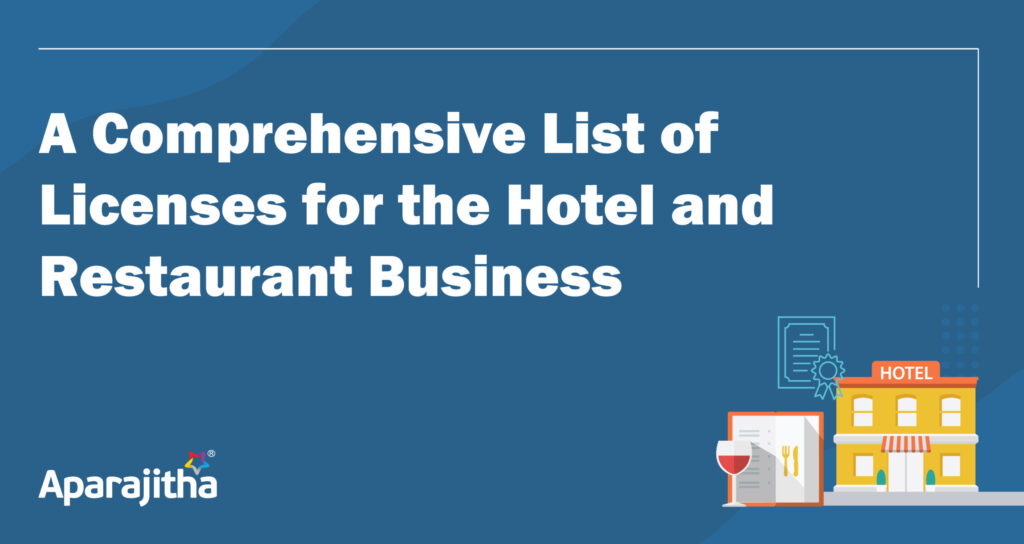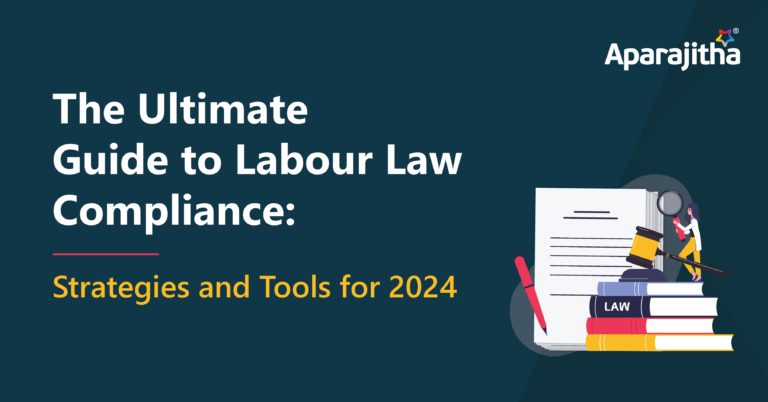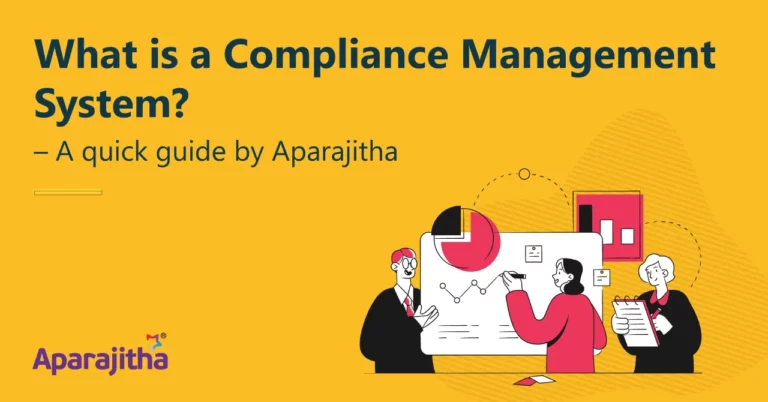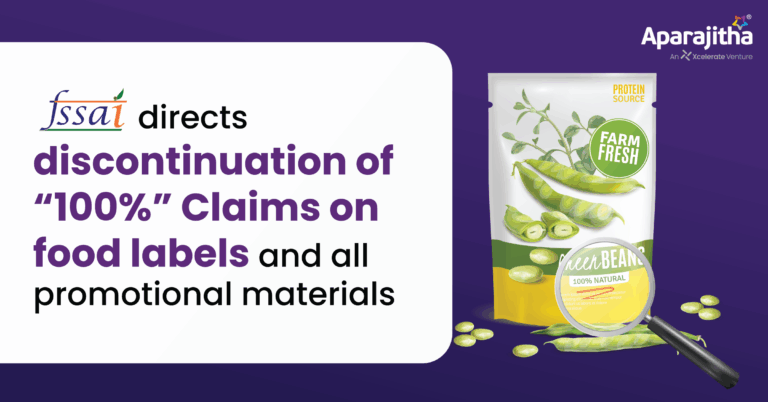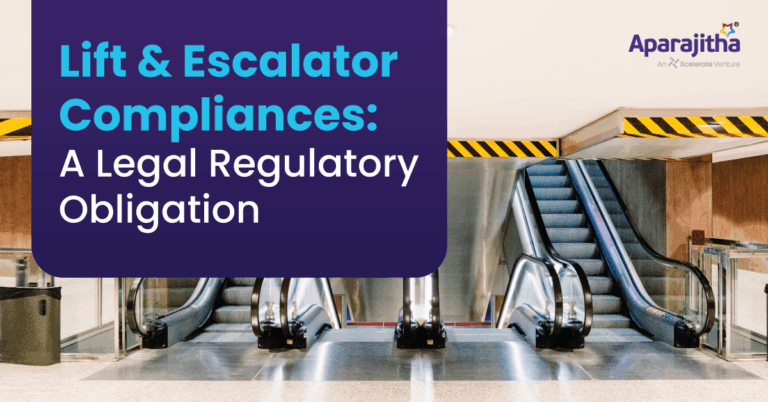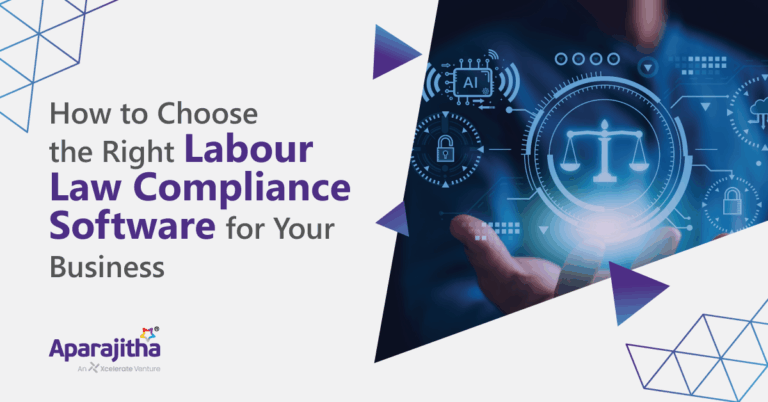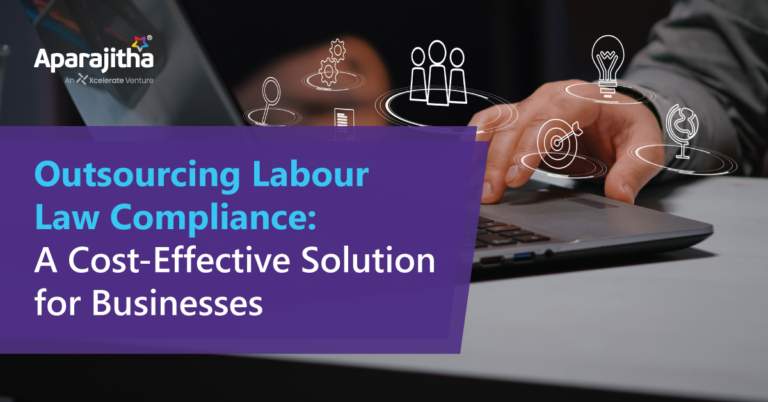Hospitality is the most booming service industry. With a high disposable income, quality of service and customer satisfaction are needed for its growth. The Hospitality industry encompasses a broad category of service segments within itself, like Food & Beverages, Travel & Tourism, Lodging and Recreation, Event Planning, and many more.
The Hotel and Restaurant business forms an integral part of the Hospitality Industry. Since this industry is flourishing globally now, it’s the right time to start a business.
Why Statutory Compliance is Important for this Business
As an entrepreneur, you would toil to bring your dream business from paper to reality by putting a lot of effort, from the selection of the right location, hiring talented resources, marketing, branding, etc. The common mistake that most new restaurateurs or hoteliers make is that they ignore the most important factor that has an impact on their business growth – Statutory Compliance.
Non-compliance to statutory norms will lead to legal complications, financial penalties, temporary obstacles to operations, or even permanent business closures.
Mandatory Licenses and Regulations for Your Hotel/Restaurant Business
It’s imperative for you to get all the mandatory industrial licenses and permissions to avoid your business from getting tangled in legalities.
Read on to learn more about the mandatory licenses and regulations behind your dream hotel/restaurant business.
Before knowing the list of Industrial Licenses applicable to the Hotel Industry, let us see the associations that govern the Hotel Industry in India:
- The Federation of Hotels and Restaurants Association of India (FHRAI)
- The Hotel and Restaurant Association of Eastern India (HRAEI)
- The Hotel and Restaurant Association of Northern India (HRANI)
- South India Hotels and Restaurant Association (SIHRA)
- The Hotels and Restaurant Association Western India (HRAWI)
- Hotel Association of India (HAI)
Licenses for Hotels/Restaurants:
- FSSAI License: Ensuring food safety and quality standards.
- Liquor or Bar License: Permitting the sale of alcoholic beverages.
- Health/Trade License: Sanctioning hygiene and safety standards.
- Eating House License: Authorizing food service within the establishment.
- Licenses under the Shop and Establishment Act: Governing work conditions and employment terms.
- Approval under the Catering Establishments Act: Regulating food services provided to events.
- GST Registrations and Approvals: Complying with tax obligations.
- NOC from the Fire Department: Ensuring fire safety measures.
- Approvals/License under the Contract Labour Act: Managing temporary labor workforce.
- Approvals/Licenses under the Provident Fund Act: Facilitating employee welfare.
- Approvals/Licenses under the ESI Act: Ensuring employee health benefits.
- Lift Clearance Approvals: Meeting elevator safety standards.
- Music Clearance Permissions: Playing copyrighted music in the establishment.
- Certificate of Environmental Clearance: Upholding eco-friendly practices.
- Signage Licenses: Displaying commercial signage.
- Entertainment License on Festival Moments: Hosting special events and entertainment.
- License for a Chimney under the Smoke Nuisance Act: Ensuring pollution control.
- Registration under the Weights & Measures Act: Accurate measurement practices.
- License for Bakery Products: Producing bakery goods.
- Registration & Permits under the Motor Vehicle Act for Tourist Coaches / Taxis: Operating transport services.
Besides the above, there are many more specific licenses and regulations that apply based on individual business structures and locations.
Unlike other industries, the Hospitality Industry requires multiple approvals and licenses from local to Central Governments, which could run from the police to labour laws and also from tax liabilities to environment clearance, depending upon the size and amplitude of the business.
Digitizing Regulatory Compliance with Aparajitha
We, Aparajitha, offer statutory compliance services with PAN-India presence, with our Labour Legislation expertise on the related subjects and well-positioned to support the corporate entities towards obtaining new/renewal Industrial licenses within the shortest possible turnaround time.
Aparajitha India’s No.1 compliance management firm offers full compliance assurance covering all categories and regulations to help you navigate the last mile. It helps you initiate, track, and manage compliance with our e-compliance platform – Simpliance.
Simpliance is a tech-enabled compliance platform that helps track your compliance status, non-compliant task due dates, view records/reports, etc.
Seize Your Compliance Journey Today
Embark on your journey to Hospitality success with the unwavering support of Aparajitha. Our commitment to comprehensive compliance assurance spans all categories and regulations, making us the perfect partner to guide you through the last mile of your business setup.
Contact us at marketing@aparajitha.com or +91 9952406408 to explore our statutory compliance services and experience a free demo of Simpliance. Remember, in the world of Hospitality, compliance isn’t just a requirement; it’s the foundation of sustainable growth and prosperity.

